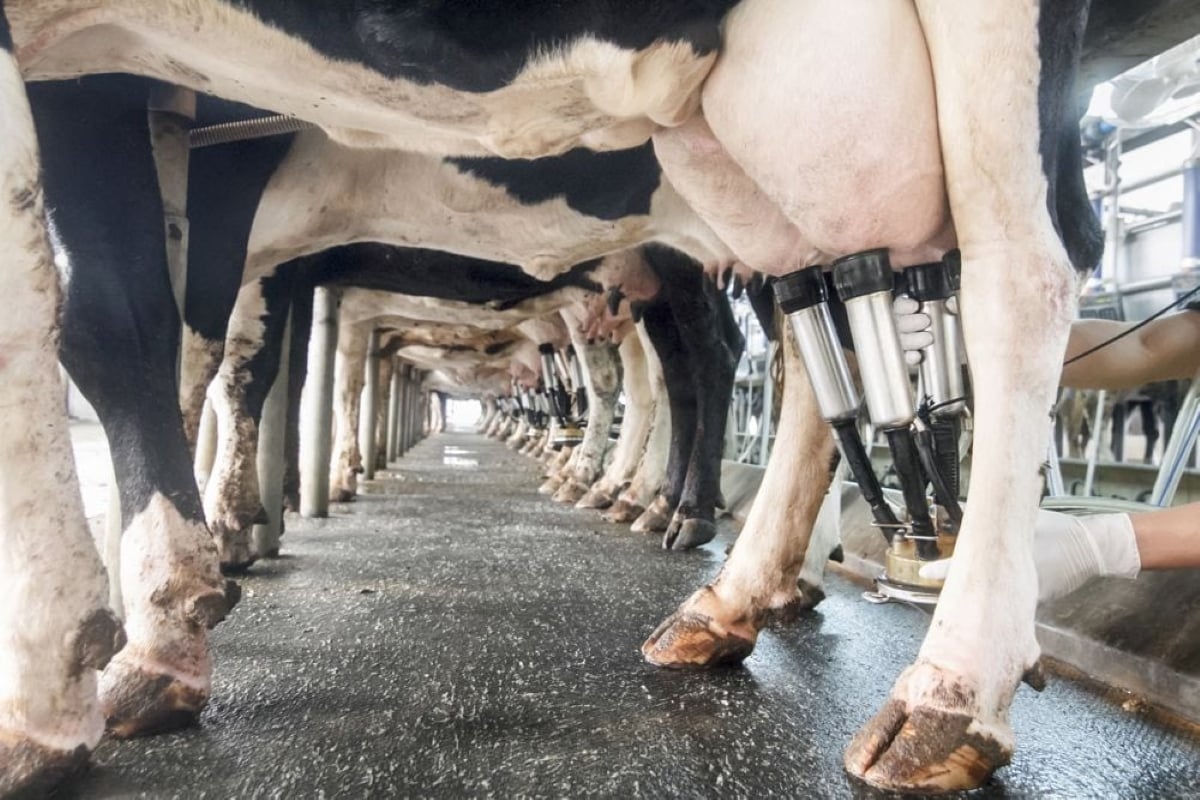GENEVA (Reuters) — Japan has raised its requirements for imports of live hogs and pigs from the United States and Canada because of concerns about the spread of a virus that is fatal to pigs, according to a notification lodged with the World Trade Organization.
Japan, whose live pig imports from the United States are small and mainly for breeding, wants certification that animals from North America are from farms that have had no clinical evidence of porcine epidemic diarrhea virus over the past 12 months, according to the notification of emergency measures.
Read Also

Farm gate milk price to rise in 2026
The Canadian Dairy Commission will raise its farm gate milk price by 2.3255 per cent in February, the Crown corporation announced on Friday.
Japan also said that animals must test negative for the PED virus while in export isolation. The requirements were effective as of July 11, the notification said.
Any other country where the PED virus, which occurs only in pigs and transmits rapidly among pigs of all ages, is endemic must also meet the new requirements. PED first emerged in the United States in April 2013.
PED has already killed around eight million pigs in the United States, or about 10 percent of the country’s hog herd, pushing live hog and retail pork prices to record highs as supplies have been cut.













